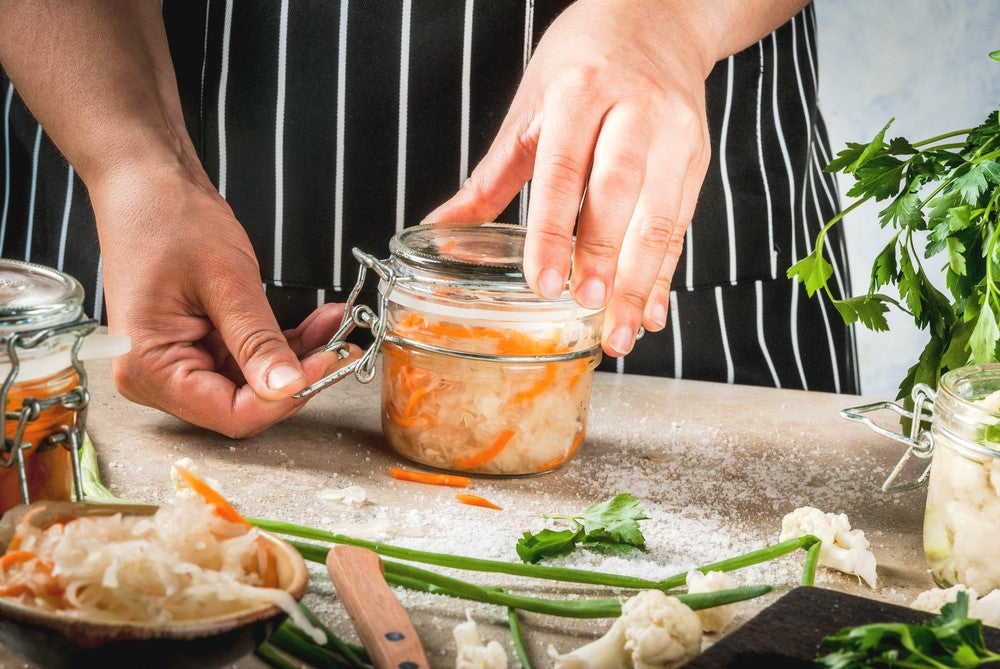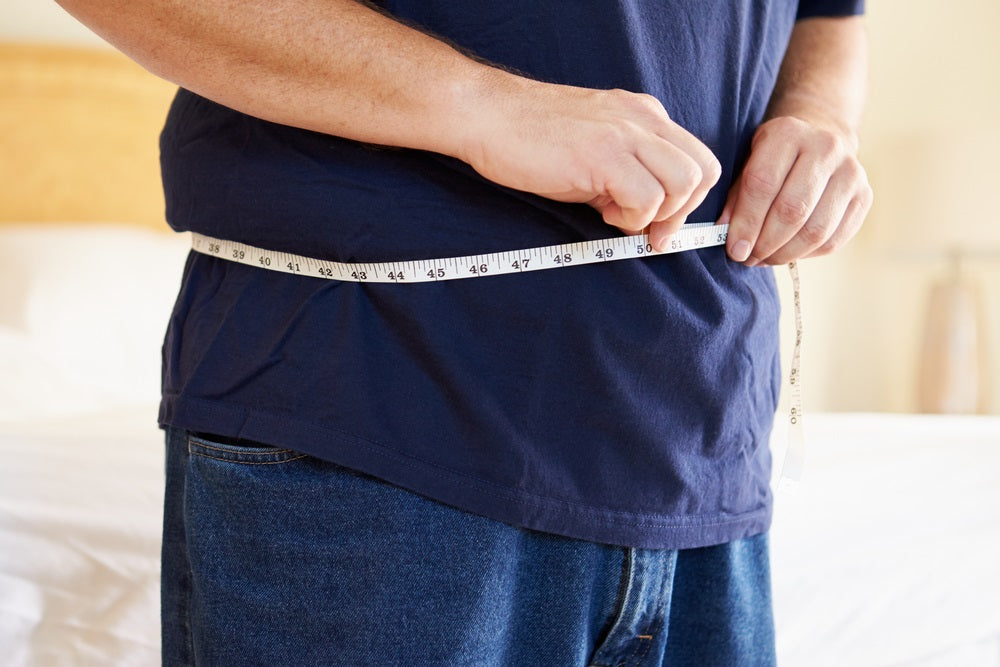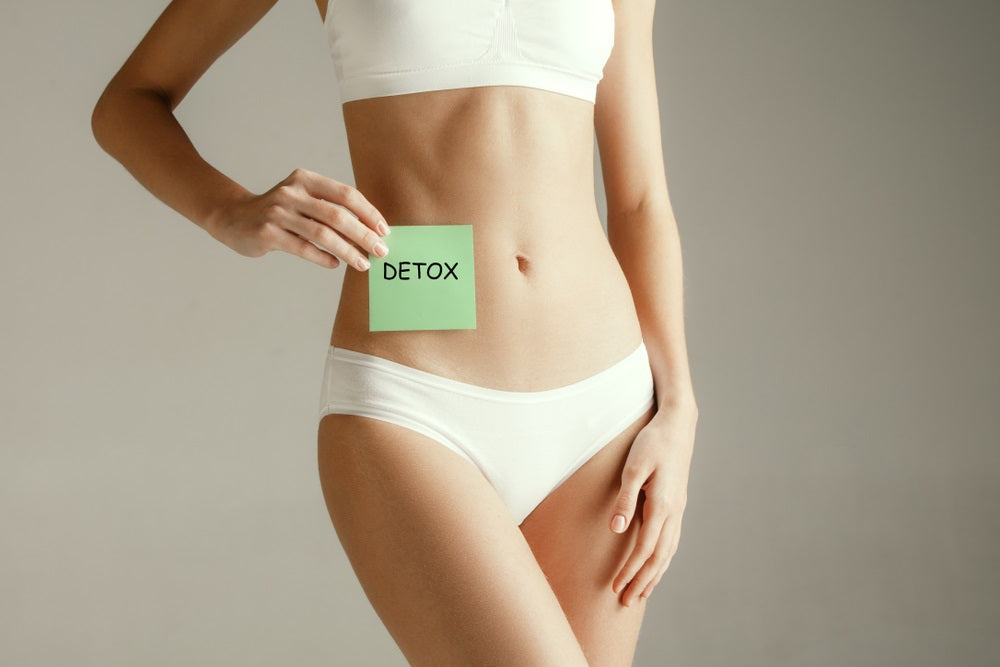Taking care of your body is essential—and it all starts with your diet. Ensuring that your diet includes all the proper nutrients ensures that your body will have everything it needs for your physical and mental health.
Just as getting the proper nutrients is essential, ensuring your body can regularly flush out the toxins it doesn’t need is vital. Gut-cleansing foods are necessary to accomplish this.
Understanding the Importance of Gut Health
The Gut-Wellness Connection
Your gut and the overall well-being of your body are intrinsically linked. In fact, the foods you consume and the overall function of your digestive system are among the most critical influences on your immune system function and mental health.
Those aren’t the only parts of your body that benefit from a healthy gut. You can expect to enjoy healthier skin and more energy from a healthy gut—and you won’t have to suffer from issues like constipation and acid reflux any longer.
Benefits of Gut Cleansing Foods
It’s clear that regularly cleansing your gut is one of the best things you can do to support your overall health. When you adopt this habit, you can expect to enjoy benefits such as:
- Improved energy and reduced fatigue
- Reduced cravings and potential weight loss
- Heightened mental clarity and concentration
- Improved immune function and reduced frequency of sickness
- Clearer skin and reduced severity of conditions like eczema
- Reduced frequency of constipation, acid reflux, bloating, etc.
- Increased absorption of vitamins and minerals from the diet
- Greater overall mental health
These changes may not be easy at first—and some detoxes can even come with a few unpleasant side effects as toxins are expelled—but in time, you’ll see how big of a difference these changes make.
Top Gut Cleansing Foods
Fiber-Rich Foods
One of the most important types of food you can introduce during a gut cleanse is fiber-rich food. While fiber is most known for its ability to treat and prevent constipation, that isn’t its only benefit.
It can also help with weight loss and reduce the likelihood that conditions like heart disease and certain types of cancer will develop.
You can maximize the benefits of fiber in your diet by consuming varied soluble and insoluble fiber sources. Some of the best foods you can eat for soluble fiber include oats, legumes, seeds, apples, and oranges.
For insoluble fiber, opt for delicious foods such as potatoes, cauliflower, whole-grain wheat, and nuts.
Fermented Foods
The microbiome in your digestive system is just as important as the nutrients you eat for health. Beneficial gut flora are heavily involved in breaking down the food you ingest—and by eating fermented food such as yogurt, kefir, sauerkraut, kimchi, or kombucha, you can bolster your gut microbiome and improve its efficacy.
By regularly consuming probiotic foods, you will enjoy many improvements to your overall health. Healthy microbiomes in your digestive tract can help the body keep blood sugar at acceptable levels and fight off troubling conditions like high blood pressure. You can even reduce your risk of certain types of cancer by eating lots of fermented food.

Anti-Inflammatory Foods
While it can be hard to sift through the hundreds of diet hacks and strategies recommended in magazines and across the web, incorporating anti-inflammatory foods into your diet is a tried-and-true method of improving gut health.
Consuming too many inflammatory foods can push the body into a pro-inflammatory state and have widespread consequences. If your body is too inflamed, your immune system may attack your body and contribute to developing long-term chronic conditions later on.
By eating foods packed with antioxidants, fiber, and phytochemicals—including fatty fish, leafy greens, and olive oil—you can reduce inflammation, nourish your system, and even improve your energy levels.
Prebiotic-Rich Foods
Last but not least, prebiotic-rich foods are vital for a healthy gut because they ensure that the healthy bacteria living in your digestive system will thrive.
Prebiotics serve as food for your gut bacteria, making it easier for them to survive and reproduce. In turn, prebiotics can boost healthy digestion and nutrient absorption by ensuring that the gut bacteria in your body are thriving.
Prebiotic-rich foods include most fiber-rich foods, including garlic, onions, cabbage, tofu, bananas, asparagus, and artichokes.
Not all fibrous foods are prebiotic, but you can ensure that your diet has adequate levels of prebiotics and nourish your gut microbiome by eating a wide variety of whole plant-based foods every day.
Incorporating Gut Cleansing Foods into Your Diet
Meal Planning and Preparation
There are two ways to incorporate gut-cleansing foods into your diet: meal planning and gradual dietary changes. The best approach is often in the middle of the two.
Gradual changes will keep you invigorated, while planning will ensure you don’t get lost along the way. Ideally, you should make a gut-cleansing plan with a nutritious diet, a healthy lifestyle, and essential supplements such as detoxadine.
As you approach the meal planning process, consider what you enjoy and how to add or substitute it into your new gut-cleansing diet.
For example, typical chips aren’t a great food for a gut-cleansing diet because they contain refined carbohydrates, but multigrain chips can provide all the same deliciousness with healthier ingredients.
Once you know what you like to eat, the only thing left to do is go shopping. You can make your favorite spaghetti dish with protein pasta and a sauce loaded with vegetables or enjoy a bottle of kombucha as a delicious fizzy treat.
By approaching your diet realistically and looking for healthy foods that range from indulgent snacks to staple dinners, you can create a gut-healthy diet that’s fun to follow.
Gradual Dietary Changes
It’s important to remember that change is difficult to make happen overnight—and gradual dietary changes can offer the necessary lifestyle adjustments while being more manageable.
As you eat the food in your pantry and look to replace it, consider what alternative foods provide the same appeal while being healthier. If possible, plan for your first few grocery shopping trips after your dietary change so that you’re prepared.
Using a grocery list will allow you to remain focused without succumbing to any pitfalls that might otherwise come from your old grocery shopping habits. With time, you’ll learn to shop for and cook healthy food so effectively that it comes to you naturally.
Protect Your Gut Through Mindful Eating
Mindful eating and a diet filled with gut-cleansing foods offers many benefits, including improved digestion, enhanced nutrient absorption, and a strengthened immune system.
While it isn’t easy to make a significant lifestyle change, you can introduce yourself to delicious new foods and enjoy many health benefits by eating probiotics and fiber-rich foods.

Frequently Asked Questions
Can Gut Cleansing Foods Help with Weight Loss?
A colon cleanse can help with weight loss. Many gut-cleansing foods are high in fiber, protein, and other vital nutrients, meaning they’re more likely to keep you full for longer.
By comparison, processed food is often high in craving-inducing ingredients like sugar and salt and low in nutrients—a poor nutritional balance that often contributes to overeating.
How Long Does It Take to Notice the Effects of Gut Cleansing Foods?
You will notice the positive effects of gut or colon cleansing gradually in the weeks following the beginning of your new diet. You may see changes in your digestion and energy within a few days.
Other benefits, such as skin health and improved immune function, are only likely to become noticeable after several months.
Are There Any Specific Foods to Avoid for Gut Health?
There are a few foods you should avoid for gut health. You should avoid eating refined sugars and grains because they can negatively impact the gut microbiome.
Avoid artificial sugars. You should also avoid eating fried foods and other foods high in saturated fat. Finally, you should opt for antibiotic-free meat or minimally processed plant-based alternatives.
Can Gut Cleansing Foods Help with Digestive Issues Like Bloating or Constipation?
Gut-cleansing foods can help with digestive issues like bloating and constipation. Many digestive problems result from a poorly functioning digestive system that struggles to process food effectively.
Gut-cleansing diets introduce vital substances like fiber and probiotics, improving your digestive function and relieving many symptoms.
Is It Necessary to Take Supplements in Addition to Eating Gut Cleansing Foods?
It may be necessary to take supplements and eat gut-cleansing foods. If you have a typical diet and state of health without any need for supplements, you are unlikely to need any during the cleansing process.
If you have preexisting conditions that necessitate supplements like iron, you should continue to take your supplements and consult a medical professional for more information.



